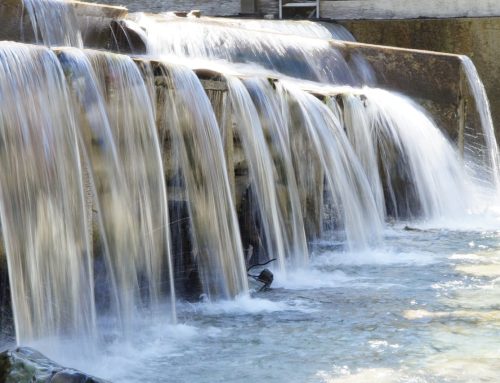The UK government has called on the water industry to improve cyber security as part of its National Cyber Security Strategy to make Britain confident, capable and resilient in a fast-moving digital world.
Defra, the lead government department for the water industry, has been working with English water companies to improve their cyber security and resilience. The idea is that throughout the water industry supply chain, water companies will have higher expectations that goods and services they procure include cyber security as an integral part of their design.
According to the foreword of the NATIONAL CYBER SECURITY STRATEGY 2016-2021, by The Rt Hon Philip Hammond MP, Chancellor of the Exchequer:
Cyber-attacks are growing more frequent, sophisticated and damaging when they succeed. So we are taking decisive action to protect both our economy and the privacy of UK citizens.
Over the lifetime of this five-year strategy, we will invest £1.9 billion in defending our systems and infrastructure, deterring our adversaries, and developing a whole-society capability – from the biggest companies to the individual citizen. From the most basic cyber hygiene, to the most sophisticated deterrence, we need a comprehensive response. We will focus on raising the cost of mounting an attack against anyone in the UK, both through stronger defences and better cyber skills. This is no longer just an issue for the IT department but for the whole workforce. Cyber skills need to reach into every profession.
The new National Cyber Security Centre will provide a hub of world-class, user-friendly expertise for businesses and individuals, as well as rapid response to major incidents.
Government has a clear leadership role, but we will also foster a wider commercial ecosystem, recognising where industry can innovate faster than us. This includes a drive to get the best young minds into cyber security.
The water industry is a key infrastructure that must be protected on all sides, including in cyberspace, as an attack on it could cripple the UK, leaving millions without water needed for industry, energy, personal hygiene and drinking water, as well as have a severe impact on the country’s economy and stability. This may sound far-fetched, but water will play a huge part in any future inter-country disagreements or wars so it is paramount that it be protected.






